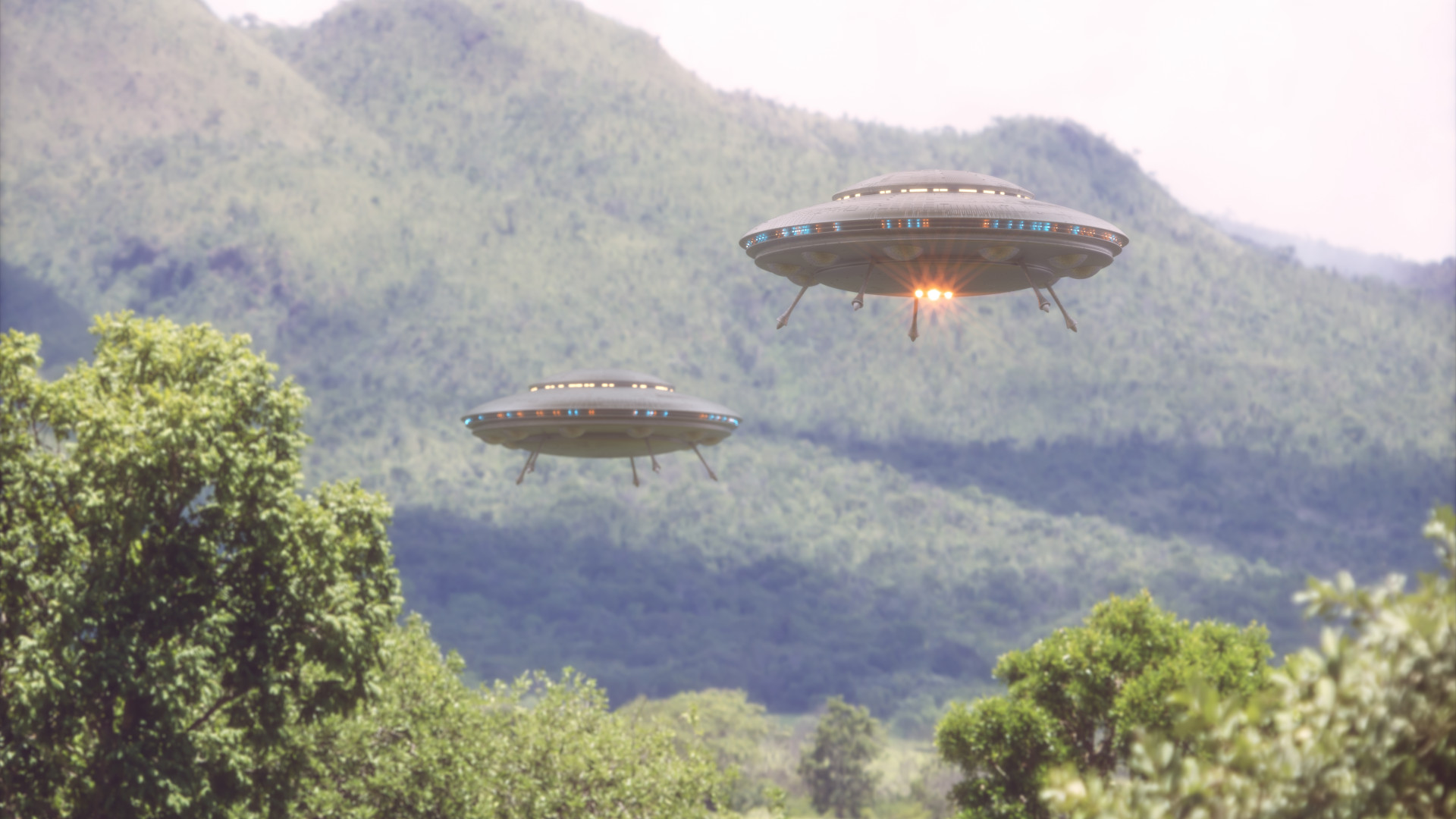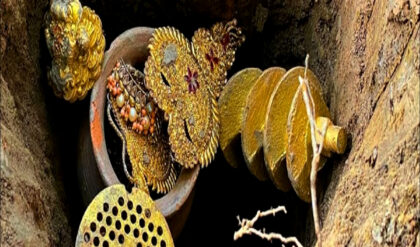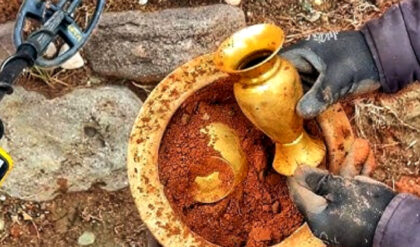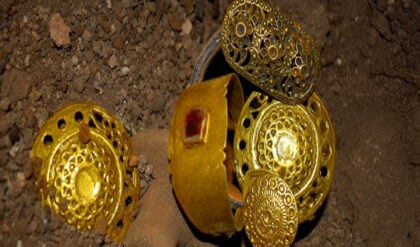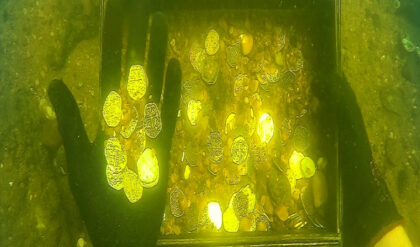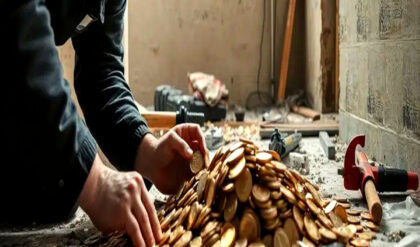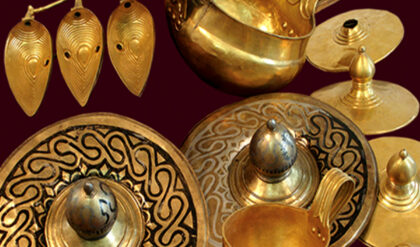
All the experts who questioned the authenticity of the Centón also agreed that, for the most part, the Count of de la Vera utilized real events during the reign of King Juan II to compile the letters of his supposed physician. The main source for this material was the Chronicle of Juan II of Castile, a massive chronological history of his reign beginning with his childhood in 1406 up to his death in 1454, which was compiled and edited by several authors including Alvar García de Santa María and Fernán Pérez de Guzmán.This book was printed several times in the 16th century, including its first edition of 1517 printed in Logroño, which the Library of Congress calls “one of the masterpieces of early Spanish printing.” Its full title is Cronica del serenisssimo Rey Don Juan Segundo deste


nombre (Chronicle of the Most Serene King Don Juan the Second of this name). Unlike the Centón, there is no doubt whatsoever about the authenticity of this book. If we turn to the Table of Contents for “the year of thirty three” (1433), we see Chapter ccxxxvi (236), “Of how when the King left Ciudad Rodrigo, a great flame appeared in the sky, which lasted a long time, and which all that saw it were marveled.” The full text of Chapter 236 dealing with this event is the following: “While the King was in Ciudad Rodrigo, he decided to call the procurators, ordering that they should come to the town of Madrid, and he left from Ciudad Rodrigo at the beginning of the year of one thousand and four hundred and thirty three years, on Wednesday on the fifth day of January, and as they marched they all saw a great flame that was running in the sky, which lasted a long while, and which gave such a big roar that was heard up to seven or eight leagues from there. The King continued his march to Madrid . . .”
This text clearly confirms that some unusual celestial object was seen in the sky sometime during the day on January 5, 1433. The report adds that the phenomenon lasted for a long while and was followed by a loud roar. The old Spanish league is a unit of measurement roughly equivalent to about 4.2 km or 2.6 miles, which means the UFO roar was heard from a distance of about 16 miles. This was obviously the original text from which the Count of de la Roca added a couple of colorful details like the horses and mules running in fear and all the talk about Aristotle and the viscous matter from the first region of the sky, etc., stuff that a cultivated literary man like Juan Antonio de Vera could have added easily. But the basic report is still valid.
